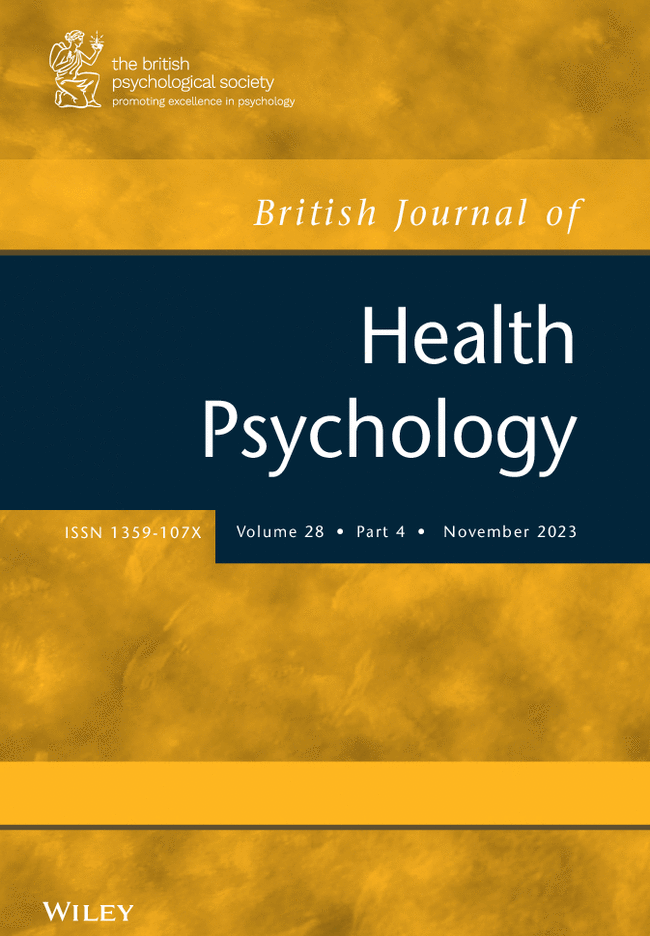Daily psychosocial determinants of smoking cessation: Effects of a buddy app intervention
Abstract
Objective
Digital technologies offer promising opportunities for smoking cessation interventions. Understanding whether interventions target key determinants of behaviour change is crucial for effective intervention development. This study tested the effects of the SmokeFree Buddy app, which encourages smoking cessation with the help of a buddy, on theoretically derived and pre-registered psychosocial determinants.
Methods
A total of 162 adults intending to quit smoking were randomized to an intervention (N = 81; SmokeFree Buddy app + assessments) or a control group (N = 81; assessments only). All participants completed end-of-day diaries for 3 days at baseline, from 7 days before to 20 days after a self-set quit date and for 3 days at the 6 months follow-up, reporting on daily amount and quality of support receipt, self-efficacy and action control.
Results
Multilevel analyses showed that participants in the intervention group had higher daily self-efficacy and were more likely to report daily support receipt (yes/no) from the quit date on until 20 days after compared to participants in the control group. However, on support days, the amount and quality of support were lower for intervention group participants. No group differences 6 months later emerged. In both groups, action control significantly increased from baseline to post-quit.
Conclusions
Findings showed that the SmokeFree Buddy app was effective in fostering self-efficacy and increasing the likelihood of support interactions in the social network during a quit attempt. Contrary to expectations, it did not necessarily foster higher quality support, suggesting that a differentiated view on support dynamics is needed.

 求助内容:
求助内容: 应助结果提醒方式:
应助结果提醒方式:


